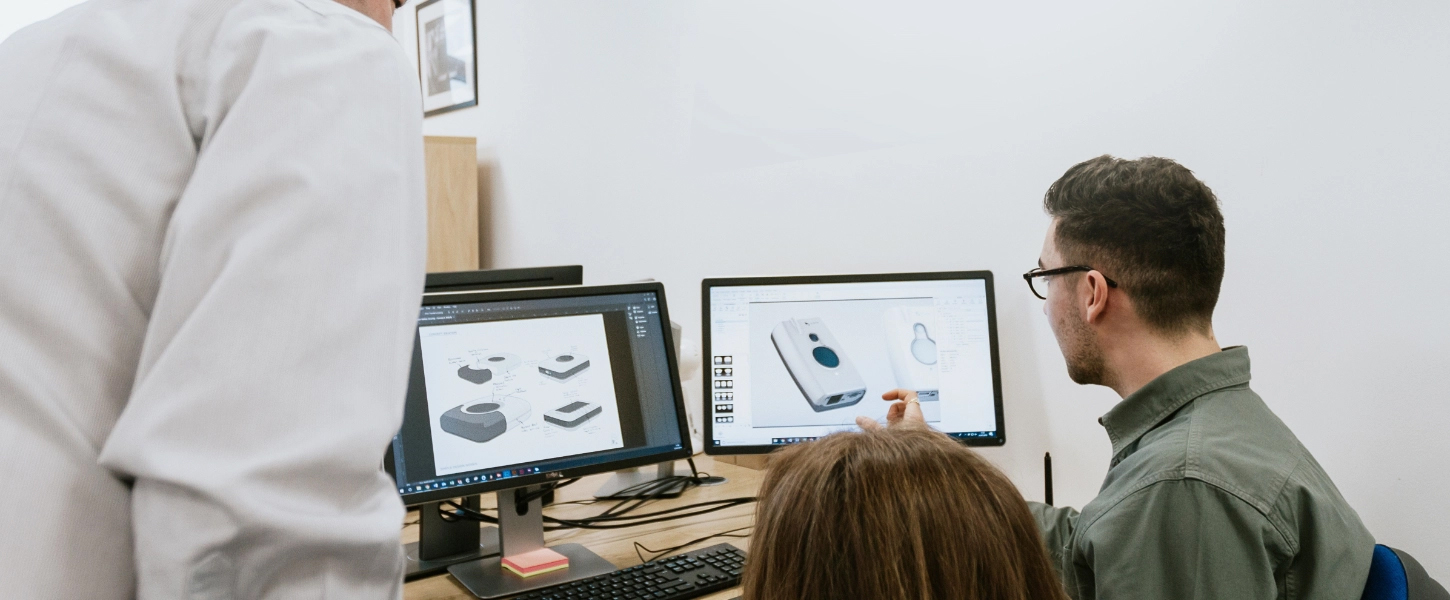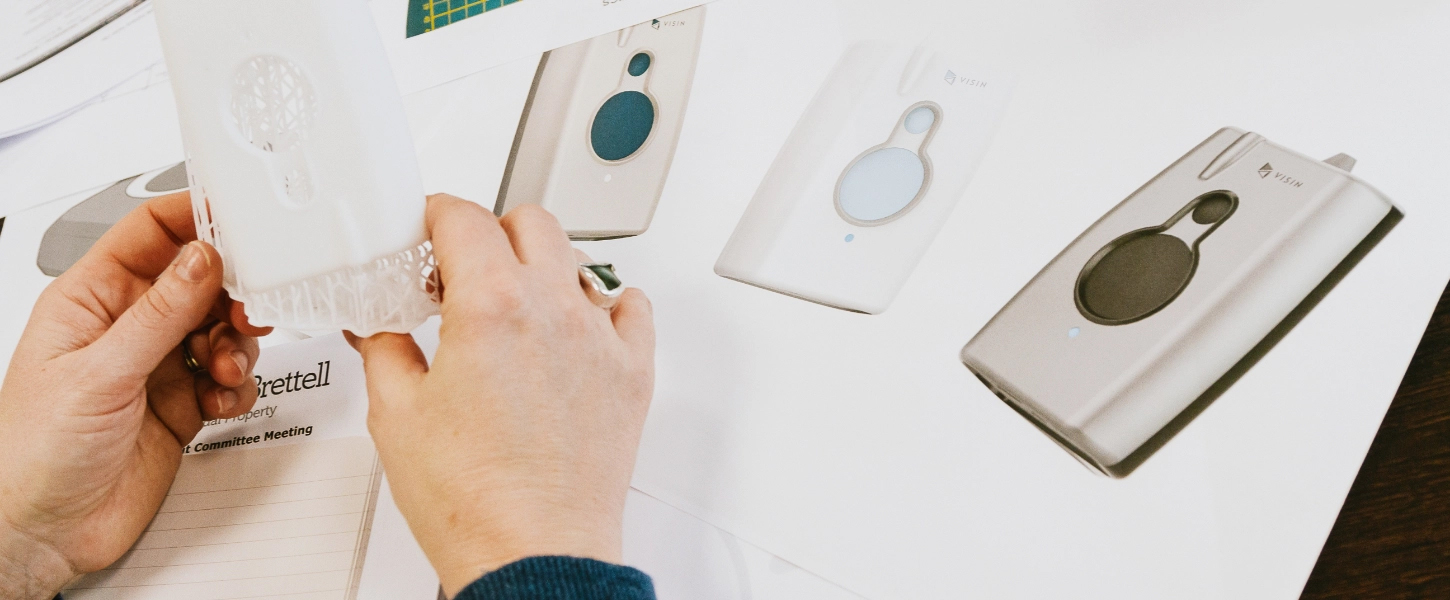Patent
Use a patent to stop competitors from making, selling, using or importing something which works in the same way as your new idea. A patent can last for up to twenty years. It provides you with a significant commercial advantage over competing businesses. Patents are territorial so only have an effect in the jurisdiction where they were granted.
Why should I try to get a patent?
There are some important commercial reasons why you should consider a patent application. Crucially, a patent can provide you with a monopoly to make, sell and import your invention, and can give you the right to exclude your competitors from doing those things. A patent can also increase the value of your business and help you gain investment.
Why perform a patent search during the design process?
It’s important that your design is not similar to other designs if you wish to patent it. A patent search is useful in increasing the likelihood that your idea doesn’t infringe anyone else’s patent. That potentially saves the cost and time to re-design it later.
How do I obtain one?
You need to file an application at the national Patent Office of the country in which you want to obtain it. In the UK this is the UK Intellectual Property Office. Your application needs to include:
- A full description of how your invention works.
- Drawings showing the invention.
- Set of claims which define the scope of protection you want to obtain.
The Patent Office will then examine the application and carry out a search for similar inventions. If it is satisfied that your invention is new and inventive (and meets other requirements, such as the invention being clearly described) it will grant you a patent.
Would my idea qualify for a patent?
To be granted one, the invention must satisfy the following:
- Be new.
- Be inventive. That is, not an obvious modification to something that already exists.
- Be industrially applicable.
- Not fall in one of the exclusions. This varies country to country. In the UK this includes a method of treatment by surgery or a pure mathematical method.
How long will the patent be in force?
The lifetime lasts up to a maximum of 20 years from the date of filing. Renewal fees are due every year after grant. A patent can only be enforced once it has been granted. But it can be licenced/assigned/sold whilst still an application.
How long will it take to obtain?
Compared to registered designs, obtaining a patent is a slow process. The timescale is years rather than months. The graphic above gives a rough idea of a typical UK timescale. Other countries can vary quite significantly; the European Patent Office is notoriously slower.
Important things to remember
A patent can only be obtained for an invention which is new. Telling even one other person about your invention could jeopardise your chances of obtaining one. It’s therefore extremely important to keep your invention completely secret until you have filed an application. If you do need to discuss your invention with others, keep the discussions confidential and put a NDA in place.
It does not provide you with a right to use your invention. It is a right to stop others, not a right to use. If your invention makes use of someone else’s patented invention, they could potentially use theirs to stop you from using yours.
So essentially, it protects how something works. If your invention relates to the appearance of a product or to its branding, you might want to consider registered design, copyright or trade mark protection instead.




